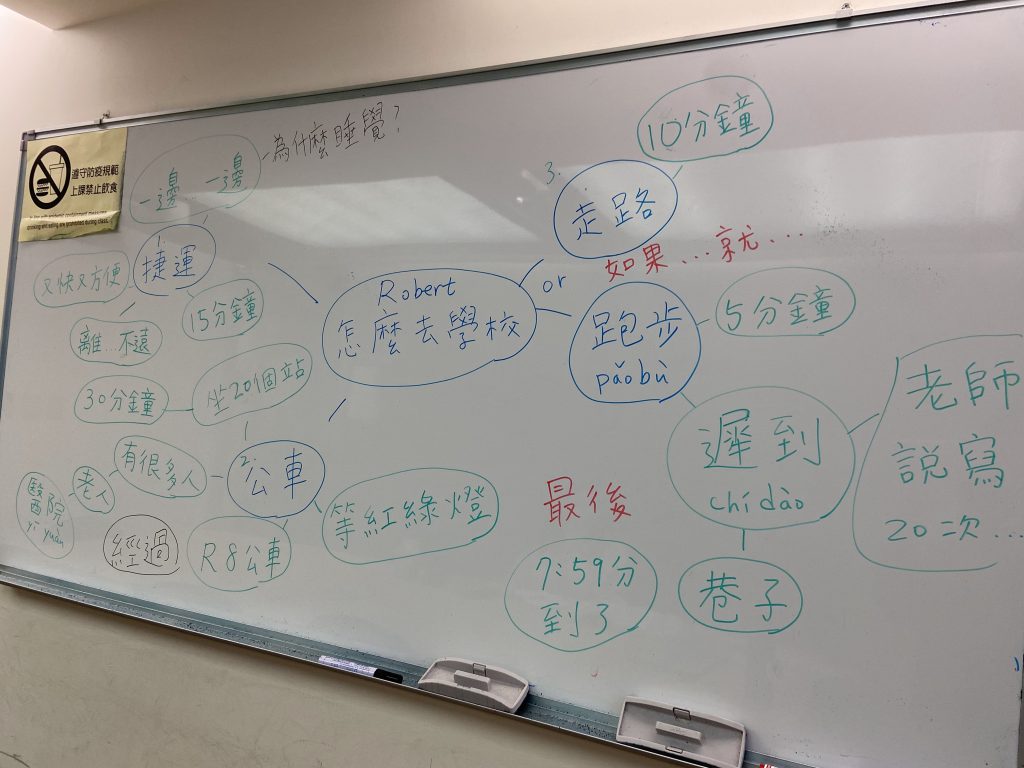Before considering this question, let’s first discuss the differences in teaching approaches between different institutions.

Do they have a set curriculum progress?
From my experience, language center in university, due to scholarships and exams, always have a structured curriculum. Additionally, different types of Mandarin classes (usually lasting three months or shorter) will have specific course requirements. Private institutions (called “cram schools, bǔxíbān” in Taiwan, commonly found across Asia to reinforce schoolwork or teach skills) tend to have a more flexible approach to progress. Some offer immediate classes as soon as you sign up, while others still follow a schedule, but it may not be the same as that of the language center. It is advisable to check the details before enrolling.
Do you need classmates?
Classmates offer the benefit of discussion, making grammar easier to understand through peer insights. Sharing frustrations after class is another advantage. However, if classmates are not on the same level or dominate discussions, it can waste valuable time.
Classes in university usually have more students and less chance of being affected by peers, but fewer speaking opportunities. Private tutoring ensures focused learning with fewer distractions, though it may lack breaks and requires a good student-teacher rapport.
Finding the right match is key for effective learning.
Do you have your own learning Chinese strategy?
As mentioned earlier, if the teacher has progress pressure and the class size is large, students have to adapt to the teacher’s teaching methods. Experienced teachers will, of course, adjust the problems or tasks based on the students’ situations (if you’re lucky enough to meet such a teacher). In most cases, the teacher sets a goal and standard, and students follow this process. How well students learn depends on individual luck.
Private tutoring is more customized, similar to an experiment where you can adjust one variable at a time and discover the most suitable method for yourself. Currently, some of my private tutoring students are not accustomed to the school’s pace or have specific learning preferences. Try to recall whether you ever struggled to keep up with your classmates when you were at school.
For example, using mind maps to help memorize vocabulary. The image below shows a mind map I used during class to guide a student in telling a long story. At the time, she spoke in Chinese for almost three minutes!

My opinion:
My suggestion is that for complete beginners, it’s better to attend a school or a private institution because Chinese is a very complex language, and the early stage involves overcoming many psychological challenges. Being accompanied by classmates and having the teacher not focus solely on you can be more comfortable. Listening to different accents and having peer support make it less likely to give up during the initial phase.
After some time, as you begin to understand the language and explore a learning method that works for you, when you approach an intermediate level, your learning goals become clearer. For example, if you want to learn workplace-related Chinese, it’s more suitable to find a private tutor at that stage.
- Articles You May Also Be Interested In
